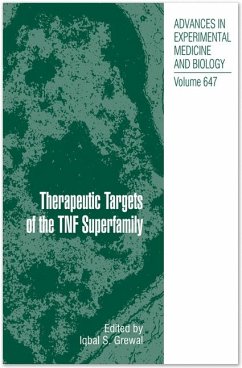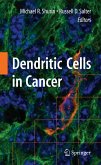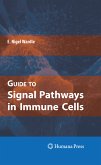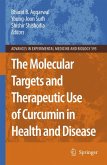Tumor necrosis factor (TNF) superfamily is a rapidly growing family of cytokines that interacts with a corresponding superfamily of receptors. Ligand-receptor interactions of this superfamily are involved in numerous biological processes ranging from hematopoiesis to pleiotropic cellular responses, including activation, proliferation, differentiation, and apoptosis. The particular response depends on the receptor the cell type, and the concurrent signals received by the cell. Worldwide interest in the TNF field surged dramatically early in 1984 with the cloning and defining of the profound cellular effects of the first member of this family, TNFa. Subsequently, the major influence of TNFa on the development and functioning of the immune system was established. Today, over 20 human TNF ligands and their more than 30 corresponding receptors have been identified. Few receptors still remain orphans. What has emerged over the years is that most TNF ligands bind to one distinct receptor and some of the TNF ligands are able to bind to multiple TNF receptors, explaining to some extent the apparent disparity in the number of TNF receptors and ligands. Yet, in spite of some redundancy in TNF ligand/receptor interactions, it is clear that in vivo spatial, temporal, and indeed cell- and tissue-specific expression of both ligands and their receptors are important factors in determining the precise nature of cellular physiological and pathological processes they control.
Therapeutic Targets of the TNF Superfamily presents the state-of-the art account on the role of TNF superfamily members in the pathogenesis and their use in current intervention of cancers and autoimmune disease. This text will be highly valuable for investigators to understand the disease processes regulated by TNF superfamily members and to develop effective therapeutics. A view into the future, inspired by the comprehensive work presented in this volume, predicts that researchers studying TNF superfamily members will continue to make rapid progress in identifying relevant components to the disease process and new therapeutic strategies to target many human diseases including cancers, autoimmune disease and others.
Dieser Download kann aus rechtlichen Gründen nur mit Rechnungsadresse in A, B, BG, CY, CZ, D, DK, EW, E, FIN, F, GR, HR, H, IRL, I, LT, L, LR, M, NL, PL, P, R, S, SLO, SK ausgeliefert werden.









